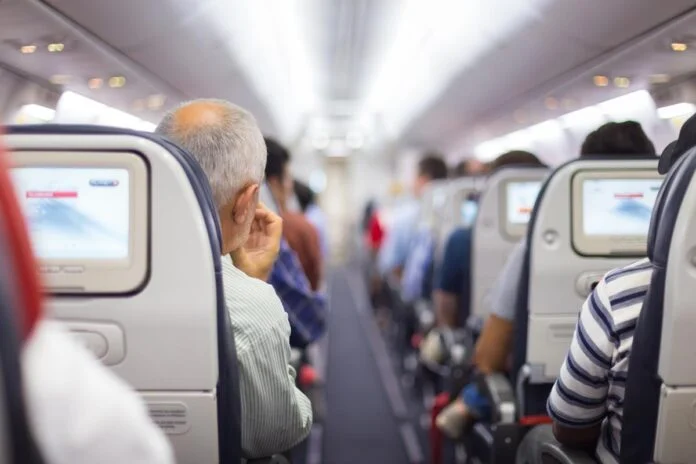Transportation Secretary Sean Duffy expressed concerns Tuesday regarding airlines’ use of AI for personalized ticket pricing, announcing an investigation into the matter.
Last week, Delta Air Lines assured lawmakers that it does not and will not use AI to determine prices for individual consumers.
“Attempting to set prices based on personal income or identity raises serious issues,” Duffy stated. “We will rigorously investigate if any company engages in such practices. Our response will be firm if any airline tries to implement AI-driven individualized pricing.”
Duffy acknowledged Delta’s commitment not to use AI for individual ticket pricing, saying, “I’ll take them at their word.”
In late July, Democratic Senators Ruben Gallego, Mark Warner, and Richard Blumenthal voiced concerns that Delta might employ AI to set prices tailored to individuals, potentially leading to fare increases aligned with each consumer’s perceived “pain point.”
Delta plans to introduce AI-based revenue management technology across 20% of its domestic network by the end of 2025, in collaboration with Fetcherr, a company specializing in AI pricing solutions.
Fetcherr claims on its website that its technology is “trusted by the world’s leading airlines,” featuring clients such as Delta, WestJet, Virgin Atlantic, Viva, and Azul.
American Airlines CEO Robert Isom warned last month that using AI for ticket pricing could damage consumer trust.
Democratic lawmakers Greg Casar and Rashida Tlaib have proposed legislation to prohibit companies from leveraging AI to set prices or wages based on Americans’ personal data, specifically targeting airlines that might raise individual prices after tracking searches for family obituaries.
Delta pointed out that dynamic pricing has been a long-standing practice in the airline industry for over 30 years, varying based on factors like overall demand, fuel prices, and competition, rather than individual consumer data.

